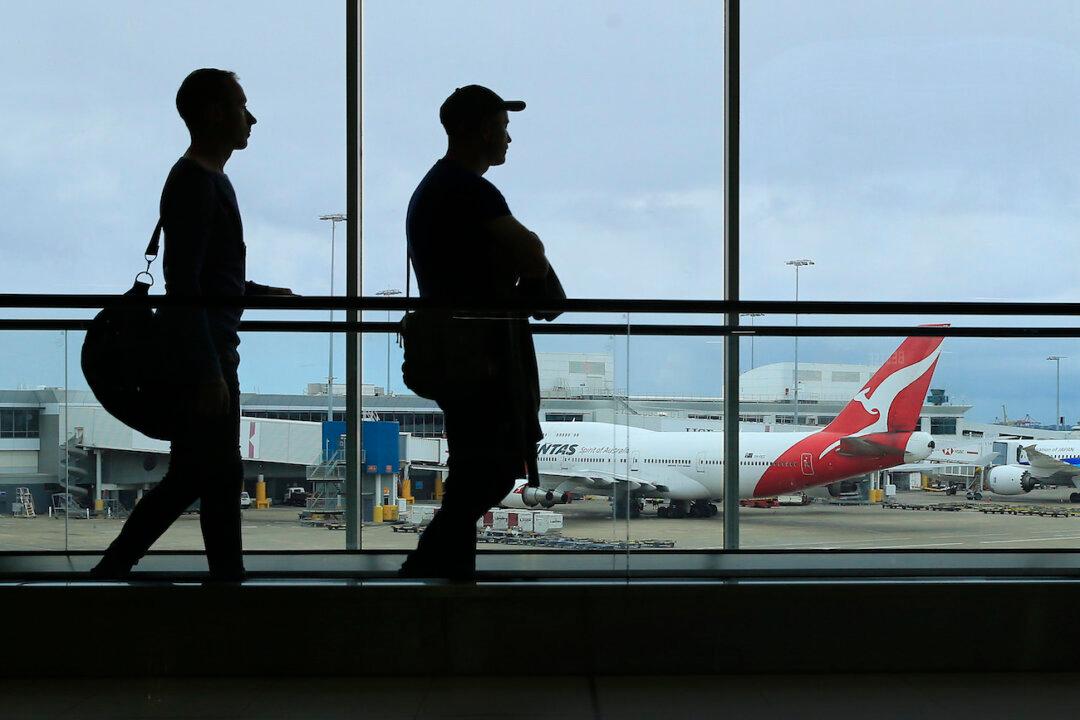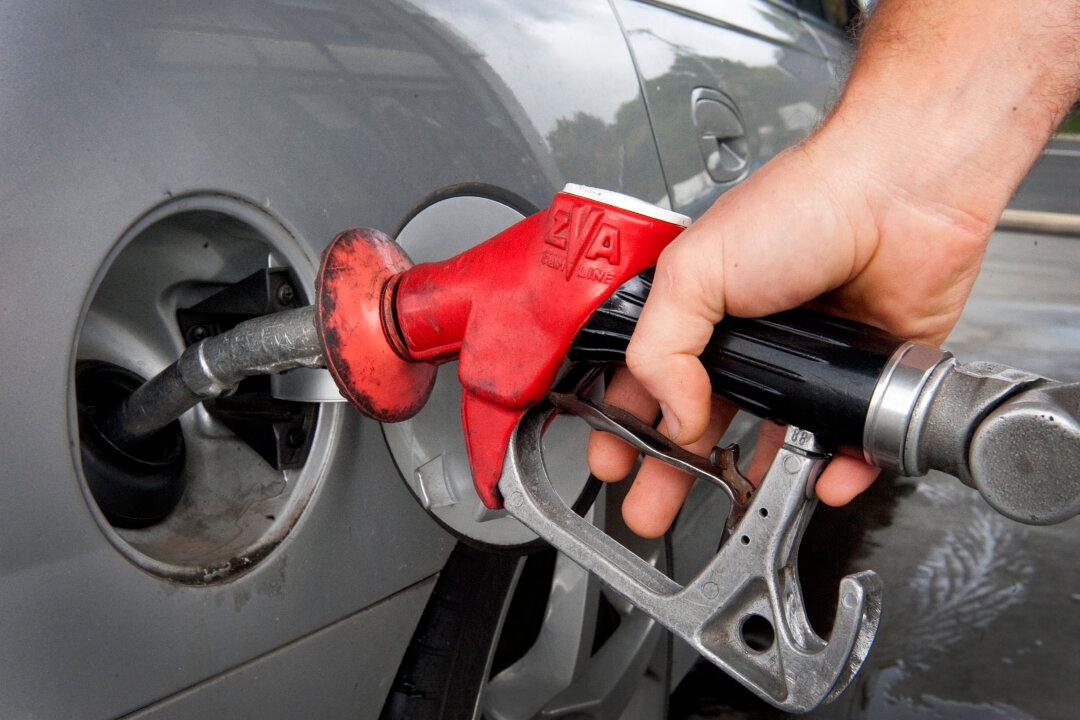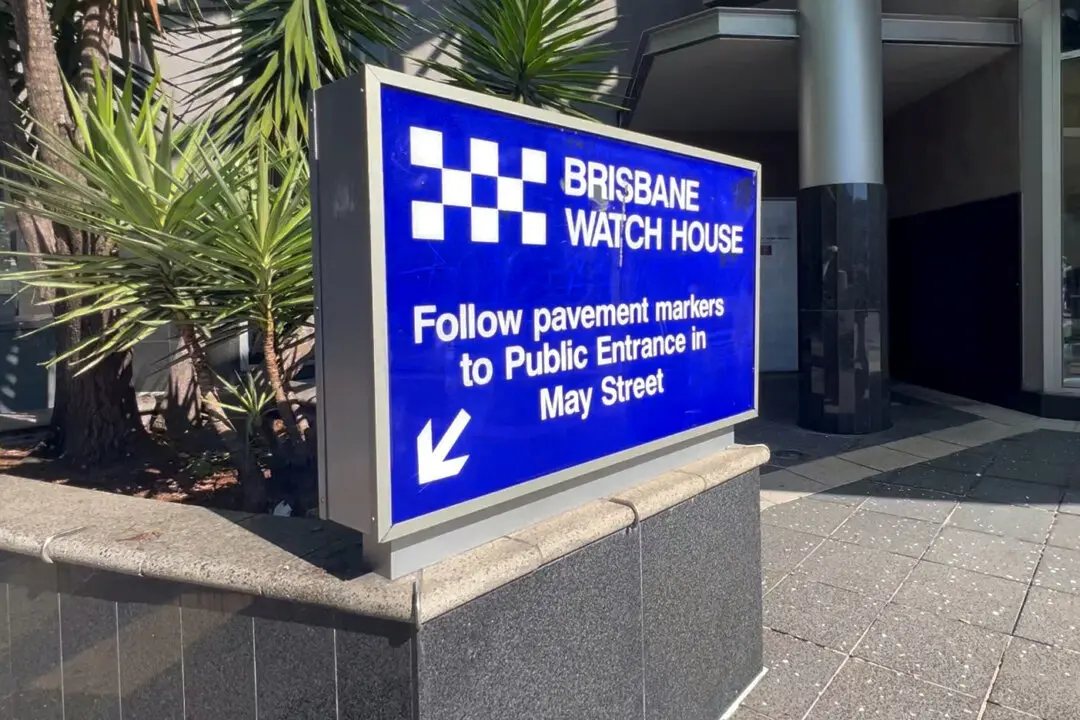The Australian Competition and Consumer Commission (ACCC) report has found a lack of competition in the country’s domestic aviation industry has driven up the price of airfares, in some cases by as much as 95 percent.
The most recent Domestic Airline Competition report shows that since Rex Airlines suspended its metropolitan routes, passengers have been paying significantly more to travel.





